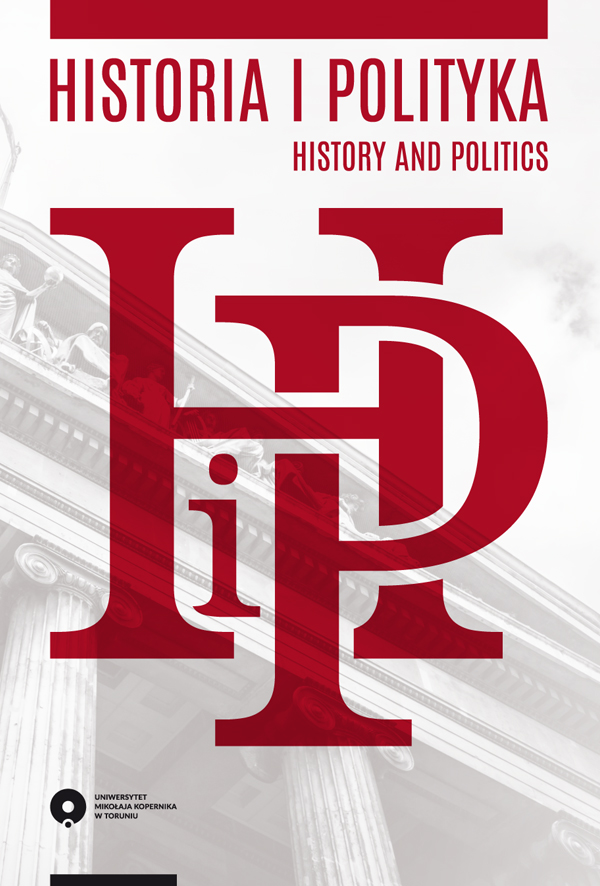Systemowe i materialne wyznaczniki potęgi państw na przykładzie wojen
Material and systemic determinants of power: a case of war
Author(s): Michał DrgasSubject(s): Recent History (1900 till today), International relations/trade, Military policy, 19th Century, Peace and Conflict Studies
Published by: Wydawnictwo Naukowe Uniwersytetu Mikołaja Kopernika
Keywords: Stosunki międzynarodowe; mocarstwowość; konflikt zbrojny;
Summary/Abstract: Power has been one of the key issues in the study of international relations since the famous words of Hans Morgentau that in world politics power is pitted against power for supremacy and survival. The attention given to its analysis within the last 65 years has been a product of such as Morthenthau’s understandings of power which see it as the most important causal force in state interactions. However, despite the amount of research on the subject, there is little agreement among scholars as to what it is and where does it come. The author briefly examines various views on the determinants of power starting from a classical realist and strictly actor-based one to a dualist approach which emphasizes the importance of international structure. He finds that all share a similar idea that power — to some extent — comes from the material capabilities of states (material determinants). Building upon previous research conducted on the validity of the democratic peace theory he then argues that it may also stem from the political system of the state (systemic determinants). Subsequently the author analyzes the significance of various material and systemic power determinants to war outcomes using nine different non-linear econometric models (polynomial logit) composed of various sets of variables relating to power determinants. He then examines the degree to which particular models explain war outcomes of interstate military conflicts between 1816 and 1991 and which of the variables seem statistically significant. The results clearly show that neither the advantage in military personnel numbers, nor in the amount of money spent on arms influences the state’s chances of victory. In the case of the total value of imports the findings are similar. On the other hand the value of the states exports, as well as certain systemic parameters such as competitiveness and openness of executive recruitment and executive constraints prove to be of statistical importance.
Journal: Historia i Polityka
- Issue Year: 13/2011
- Issue No: 6
- Page Range: 148-167
- Page Count: 20
- Language: Polish

